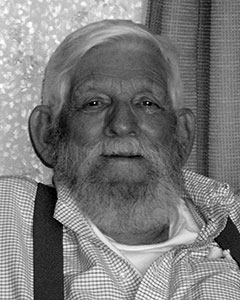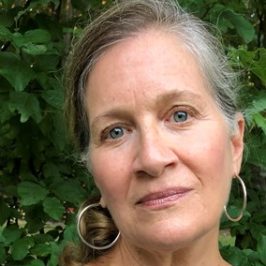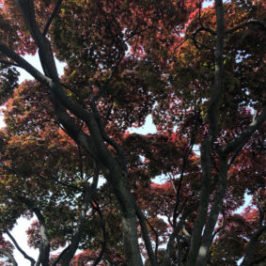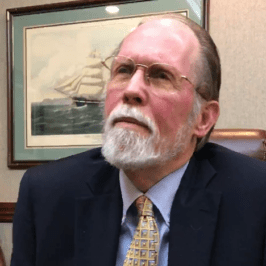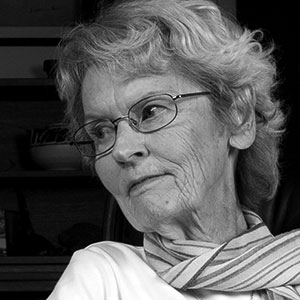

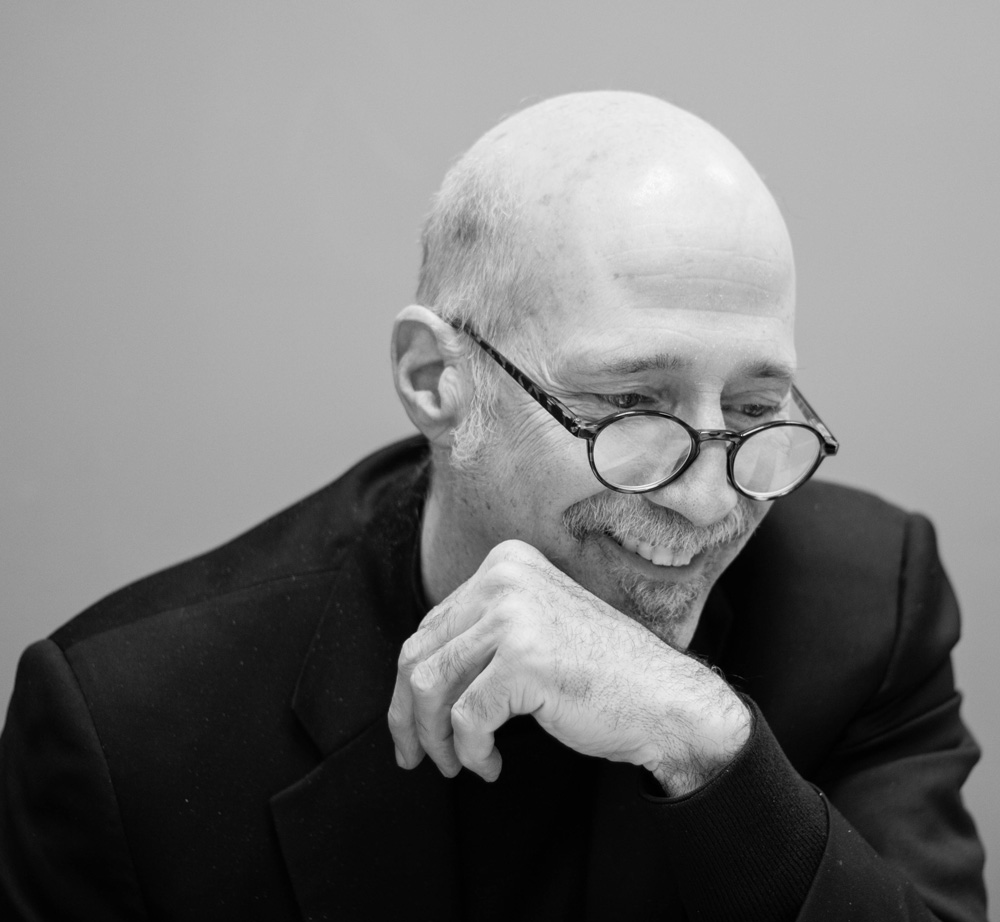
It’s the soundtrack to our lives and the rhythmic telling of our destinies with poems by Diana la Com, Ruth Moon Kempher and Harry Bauld.
7 minutes
TRANSCRIPT
Diana la Com said that many of her poems grow out of her dreams. This was one of them, “The Day of the Singing.”
She sang, a humming, as of a million bees.
Soon came melody, soft like a nimbus.
Trees and grass grew silent.
Birds ceased their chatter.
She sang, her voice from distant memory
spreading over the land
like a cloud or a silken fog.
People stopped in mid sentence.
Teachers put down their chalk.
Builders their hammers and drills.
Travelers forgot where they were going.
The market place was silent;
people lined the sidewalks, listening.
All was silent except for the singing.
She sang, and it grew louder,
surrounding the towns,
songs they knew, songs they had forgotten.
She sang and it grew louder and louder still,
like a howl like the hooves of wild horses.
Still she sang, until walls began to crumble and collapse,
and she fell
down
down
softly, like a canyon wren.
People then silently began to return to the rubble
of shops, of houses, fields, factories, weapons – stones.
On occasion a few stop and say to each other . . .
Remember the singing?
Diana La Com, “The Day of the Singing” from Passager’s Winter 2013 issue.
Next, “Visiting a Far Place” by Ruth Moon Kempher from Passager’s 2016 Poetry Contest issue.
Philadelphia Museum of Art – Student Artists’ Ball
Here I wait, on spiral-bordered balcony
and watch the dancers sway in waltz below—
full skirts swirl in bright kaleidoscopic harmony
when, suddenly, I go
to stand, amazed, beside a lonely child
who crouches in the sun-drenched sand.
She stares and smiles, entranced, beguiled
at flowers near her hand—
at hollyhocks pulled rudely from their stalks
upturned, and made to take careful, circle stances.
She hums a tune, off-key. Her fingers walk.
She makes each blossom dance.
Dizzy, by the parapet I stand
and reach to touch the child, to press
her hand, but feel the fingers of my empty hand
slide cool, across my dress.
A violin intrudes, the music swells—
the dancers violently lean and dip and sway.
The child, the warm bright sand, the hollyhocky smells
are gone away.
Ruth Moon Kempher’s “Visiting a Far Place.” Ruth said, “I was fairly good at putting words together on paper, and lucky to find editors with a need for papers with words.”
Harry Bauld loves music and baseball and art and Spain. Here’s his poem “Sideman With Singer.”
Play half the piano twice as well. Melody
is a blue bar you pass under, that limbo.
The tao of your end: follow her snap
but lead her pitch. Select. Walk sometimes.
Watch her back for signs of breath
you take together. Find the blue smoke
of space and blow there. The book says
handle the changes like a snake.
Be quiet more. Let go of roots.
The chords are a dry canyon
of echoes and she is the kestrel
circling the thermals above. Below
her, touch one pedal of harmony, tremolo.
Harry Bauld’s poem “Sideman With Singer” from his book The Uncorrected Eye.
Before we go . . . it IS April 18, and you know what that means . . .
Listen, my children, and you shall hear
Of the midnight ride of Paul Revere,
On the eighteenth of April, in Seventy-Five:
Hardly a man is now alive
Who remembers that famous day and year.
He said to his friend, “If the British march
By land or sea from the town to-night,
Hang a lantern aloft in the belfry-arch
Of the North-Church-tower, as a signal-light,—
One if by land, and two if by sea;
And I on the opposite shore will be,
Ready to ride and spread the alarm
Through every Middlesex village and farm,
For the country-folk to be up and to arm.”
So through the night rode Paul Revere;
And so through the night went his cry of alarm
To every Middlesex village and farm,—
A cry of defiance, and not of fear,
A voice in the darkness, a knock at the door,
And a word that shall echo forevermore!
For, borne on the night-wind of the Past,
Through all our history, to the last,
In the hour of darkness and peril and need,
The people will waken and listen to hear
The hurrying hoof-beats of that steed,
And the midnight message of Paul Revere.
That was the beginning and the end. If you want to know what happened in between, you’ll need to read the rest of Henry Wadsworth Longfellow’s poem on your own.
To buy Harry Bauld’s book The Uncorrected Eye or any of the issues featured on tonight’s podcast, or to subscribe to or learn more about Passager and its commitment to writers over 50, go to passagerbooks.com. You can download Burning Bright from Spotify, Apple and Google Podcasts and various other podcast apps.
For Kendra, Mary, Christine, Rosanne, and the rest of the Passager staff, I’m Jon Shorr.
Due to the limitations of online publishing, poems may not appear in their original formatting.



